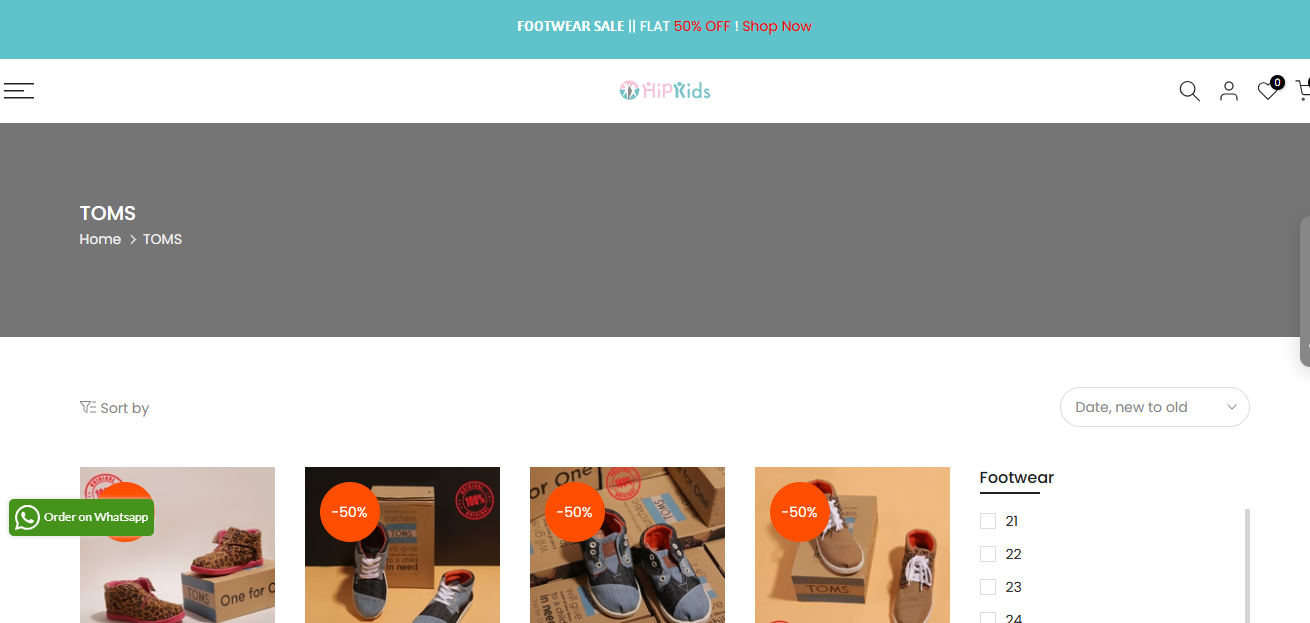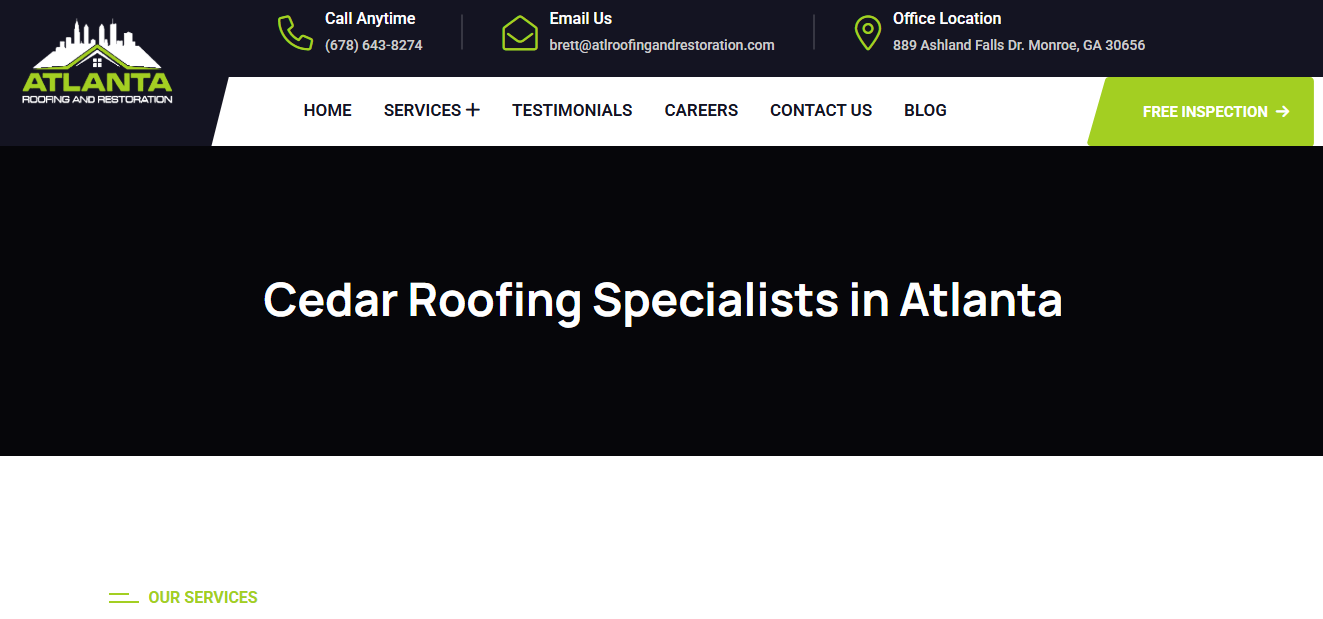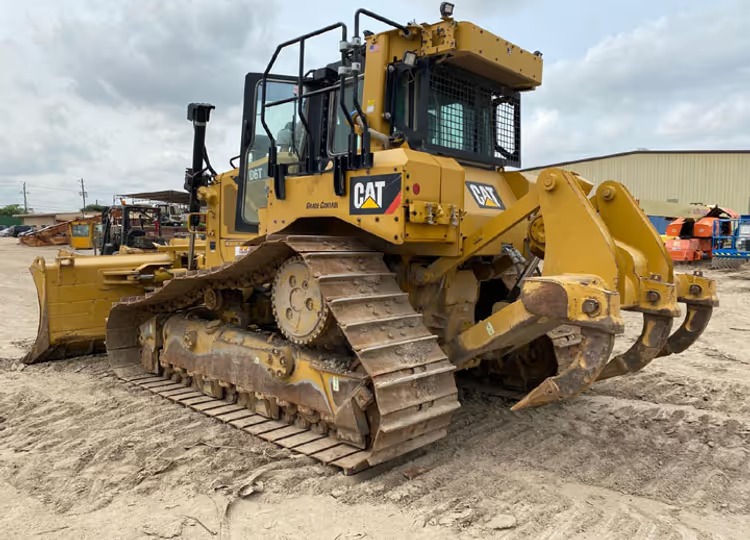Forklifts are essential machines in warehouses, construction sites, and various industrial settings. They help in lifting, moving, and transporting heavy loads. However, like any mechanical equipment, forklifts can experience issues over time. One common problem is a faulty gearbox. A forklift gearbox is a vital component that helps transfer power from the engine to the wheels, enabling the forklift to move and perform its tasks. If the gearbox isn’t functioning properly, it can affect the forklift’s performance and even cause damage to other parts of the machine.
In this blog, we will discuss the common signs of a faulty forklift gearbox. By knowing what to look for, you can catch problems early and prevent costly repairs or breakdowns.
Note : If you’re noticing any of these signs in your forklift, don’t wait for the problem to escalate. Get professional Forklift Gearbox Repair today and keep your forklift running smoothly. Contact us now to schedule a thorough inspection and repair by our expert technicians! Ensure your equipment stays in top condition and avoid costly downtime
Understanding the Forklift Gearbox

What is a Forklift Gearbox?
Before diving into the signs of a faulty gearbox, it’s important to understand what a forklift gearbox does. The gearbox is a system of gears that helps transfer power from the engine to the wheels. It enables the forklift to move forward, backward, and change speeds. The gearbox also helps control the torque or the force that moves the forklift. A well-maintained gearbox ensures smooth operation and helps the forklift function efficiently.
Why is the Gearbox Important?
The gearbox is crucial because it connects the engine’s power to the forklift’s movement. If the gearbox fails, the forklift won’t be able to function correctly, leading to productivity loss and potentially dangerous situations. That’s why it’s essential to recognize when something’s wrong with the gearbox so it can be repaired or replaced before it causes bigger issues.
Common Signs of a Faulty Forklift Gearbox
Forklift gearboxes don’t often fail without warning. There are usually several signs that something is wrong. These signs can range from strange noises to poor performance or even complete failure to move. Below, we’ve broken down the most common signs that indicate a faulty forklift gearbox.
1. Strange Noises Coming from the Gearbox
What Kind of Noises to Look For
One of the most noticeable signs of a faulty gearbox is unusual noises. If you hear grinding, whining, or clunking sounds when the forklift is in use, this could be a sign that the gearbox is malfunctioning. A grinding noise often means that the gears inside the gearbox are not meshing properly, which can happen due to worn-out components or low lubrication.
Why It Happens
Strange noises are typically caused by internal components rubbing together, which shouldn’t happen if the gearbox is well-maintained. This can occur due to damaged bearings, insufficient lubrication, or a lack of proper maintenance.
2. Difficulty Shifting Gears
What Happens When Gear Shifting Is Hard?
If the forklift is having trouble shifting gears, it could mean the gearbox is failing. This can be experienced as difficulty in moving the gear shifter, or the forklift might jerk or stutter when shifting gears. In some cases, the forklift might refuse to shift into a certain gear altogether.
Why It Happens
This issue can be caused by low or dirty gearbox oil, worn-out clutch plates, or damage to the internal gears. These problems can prevent the gears from engaging smoothly, making it harder to shift.
3. Loss of Power or Slow Response
What Does Loss of Power Look Like?
A forklift with a faulty gearbox might show signs of power loss, even though the engine is running. You may notice that the forklift struggles to move forward or backward or has trouble reaching higher speeds. If the forklift seems to lose power or respond slowly to input from the operator, it could be due to a gearbox problem.
Why It Happens
A lack of power or slow response happens when the gearbox can no longer efficiently transfer power from the engine to the wheels. This can happen if the gearbox is worn out, has low oil levels, or has damaged gears.
4. Overheating of the Gearbox
How to Spot Overheating?
If the forklift’s gearbox is overheating, it could be a sign that something is wrong. Overheating can cause the gearbox to work harder than it should, leading to damage. You may notice that the gearbox feels hot to the touch, or the forklift might begin to slow down after prolonged use.
Why It Happens
Overheating is often caused by a lack of proper lubrication or low oil levels. The oil in the gearbox helps to reduce friction and cool down the system. Without enough oil or with dirty oil, the gears will overheat, leading to possible damage.
5. Fluid Leaks
How to Detect Fluid Leaks?
Another sign of a faulty forklift gearbox is fluid leaks. If you notice that there is oil or fluid pooling under the forklift, it could be coming from the gearbox. This is a clear sign that there is a leak somewhere in the system.
Why It Happens
Leaks can occur due to worn-out seals or gaskets in the gearbox. Over time, these parts can wear down and allow fluid to escape. Low fluid levels can further damage the gearbox and cause it to fail.
6. Vibration or Shaking
What Causes Vibration in the Forklift?
If you notice that your forklift vibrates or shakes excessively when driving, it could be a sign that the gearbox is malfunctioning. Excessive vibration often occurs when the gears inside the gearbox are worn or misaligned.
Why It Happens
Vibrations happen because the gears are not functioning smoothly, leading to uneven movement within the gearbox. This can be caused by internal damage or lack of lubrication.
7. Unusual Odors or Burning Smells
What Do Burning Smells Indicate?
If you smell burning or strange odors coming from the forklift, this could be a sign that the gearbox is overheating or the oil inside the system is breaking down. A burning smell is a serious indication that the gearbox is under stress and could be on the verge of failure.
Why It Happens
The burning smell is often caused by the oil inside the gearbox becoming too hot, or the friction between the gears becoming too intense. This heat buildup can break down the oil, causing it to lose its effectiveness and leading to further damage to the gearbox.
How to Maintain Your Forklift Gearbox
1. Regular Inspection
To prevent issues with your forklift gearbox, it’s essential to inspect the gearbox regularly. Look for signs of leaks, strange noises, and check the fluid levels. Make sure to check the oil regularly and top it up as needed.
2. Lubrication
Proper lubrication is key to keeping your gearbox in good condition. Ensure that the gearbox oil is changed at the recommended intervals, and always use the type of oil that is recommended by the manufacturer.
3. Avoid Overloading
Excessive weight or overloading can put unnecessary strain on the forklift gearbox, leading to damage. Always follow the forklift’s load capacity guidelines to avoid putting undue stress on the gearbox.
4. Professional Maintenance
It’s important to have your forklift serviced by professionals. A trained technician can identify potential issues early and perform necessary repairs before they cause more significant problems. Regular maintenance can help extend the lifespan of your forklift and prevent costly repairs.
Conclusion
A faulty forklift gearbox can cause significant problems for your business, including downtime, costly repairs, and safety risks. However, by knowing the common signs of a faulty gearbox, you can catch problems early and prevent more severe damage. If you notice any of the signs mentioned above, it’s essential to get your forklift checked by a professional as soon as possible. Regular maintenance and proper care will help keep your forklift running smoothly and ensure that the gearbox lasts as long as possible.
If you’re experiencing issues with your forklift’s gearbox, don’t wait for things to get worse. Contact a professional technician who can assess the situation and provide the necessary repairs. Taking care of your forklift gearbox today can save you from costly repairs and downtime tomorrow.
For more insightful articles related to this topic, feel free to visit : viewsparrow.com











